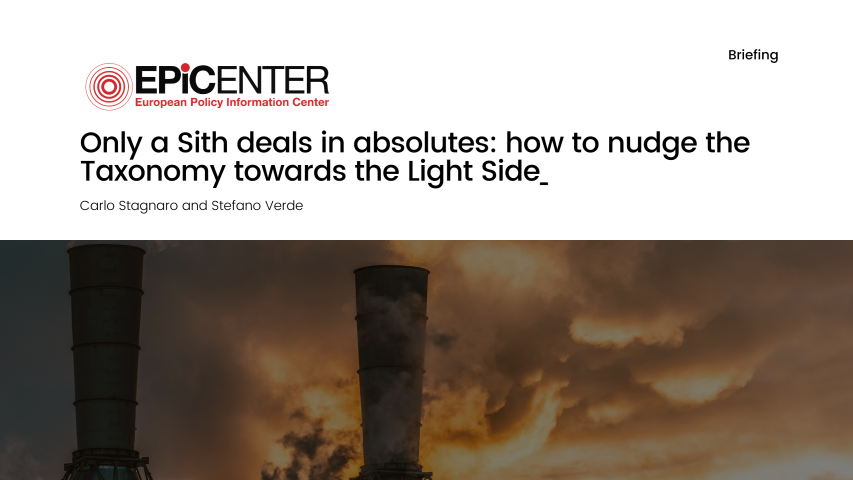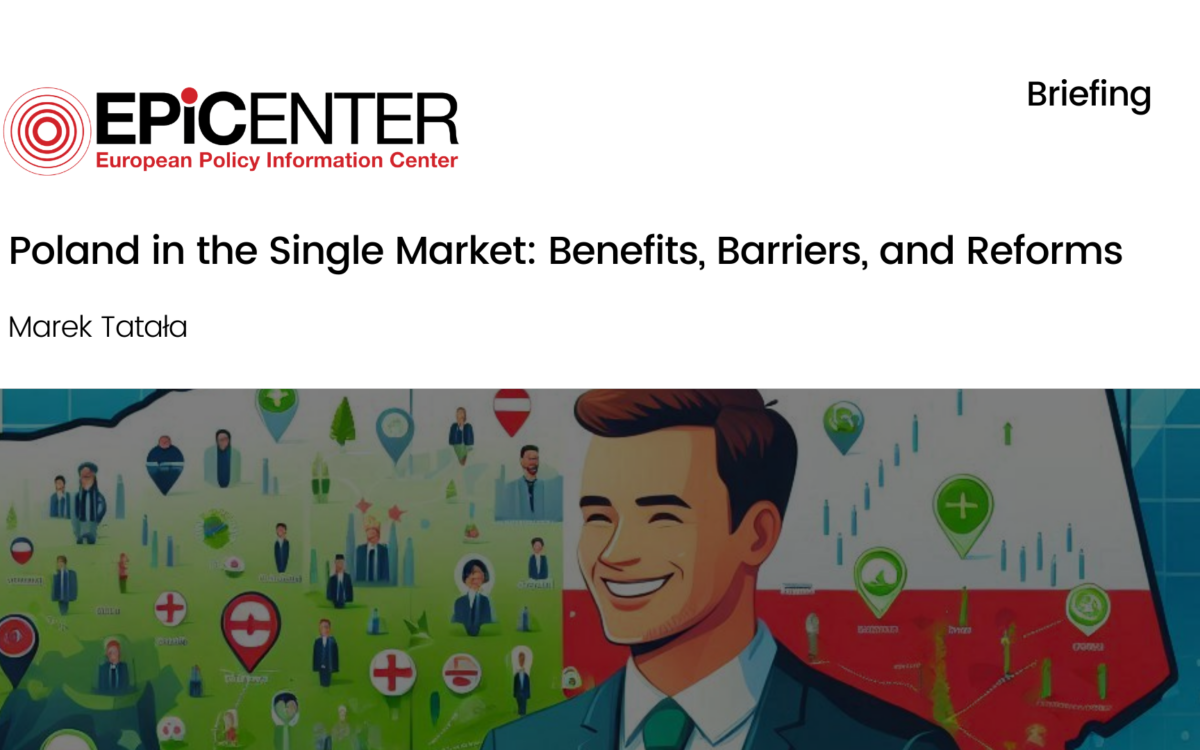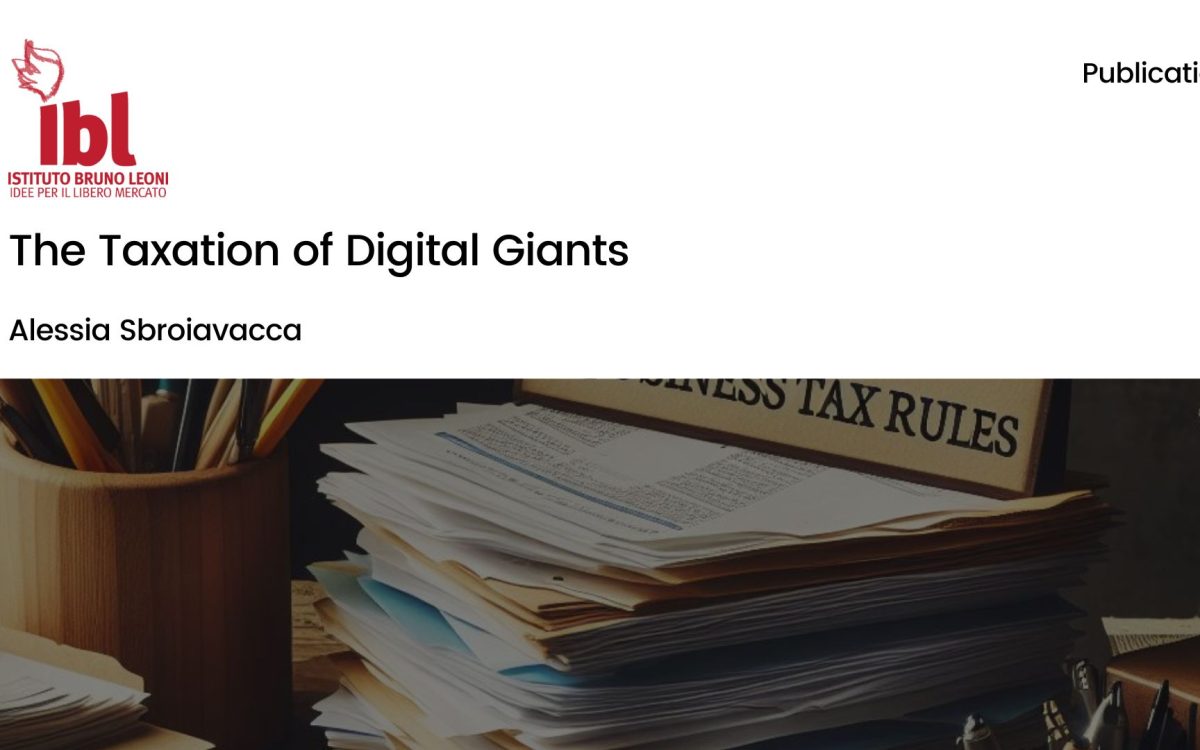Only A Sith Deals In Absolutes: How To Nudge The Taxonomy Towards Light Side

Only A Sith Deals In Absolutes: How To Nudge The Taxonomy Towards Light Side
15 June 2022
Russia’s invasion of Ukraine has forced the European Union and its member states to substantially revise their energy policy in order to meet short-term targets such as the security of supplies and the reduction of reliance on Russian imports of energy commodities. While this may require some temporary deviation from the path towards carbon neutrality, the long-term decarbonization goals are not questioned – neither are the policy tools that were and still are in the process of being developed. Among this, the taxonomy of sustainable investments has a key role.
In theory, the taxonomy is a mere list of what technologies are regarded as sustainable, whose adoption is still voluntary. It is intended to provide the market with a clear and uniform benchmark to both promote green investments and prevent greenwashing. In practice, though, the taxonomy is – or at least is deemed to become – a powerful tool of industrial policy, by which private as well as public investments shall be driven or, at the very least, influenced.
The Commission’s attitude is actively picking technological winners among the existing clean(er) technologies, to the detriment of other technologies that may well be as clean and even more so to the detriment of technologies that are not yet available. The Taxonomy deals in absolutes: it is founded upon the claim that a bureaucratic document can draw a line between Good and Bad, by attaching a label of Absolute Good to technologies that have the capability to create an environmental Eden in an imperfect, dirty world.
Download or share this publication
View the PDF
EPICENTER publications and contributions from our member think tanks are designed to promote the discussion of economic issues and the role of markets in solving economic and social problems. As with all EPICENTER publications, the views expressed here are those of the author and not EPICENTER or its member think tanks (which have no corporate view).



